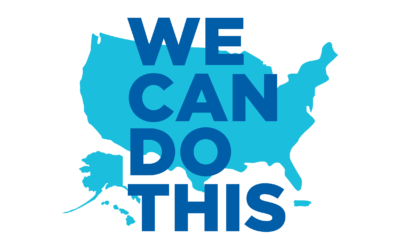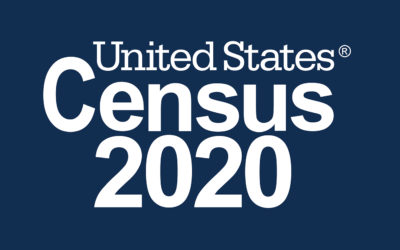THE CREDIT FOR CARING ACT:
What You Need to Know
Background: On May 17, 2017, this bi-partisan proposed bill introduced in the U.S. House and Senate called the Credit for Caring Act, (S.1151/H.R. 2505) would amend the Internal Revenue Code to create a federal, nonrefundable tax credit of up to $3,000 for family caregivers who work while also financially help and assist in caring for their parents, spouses, children with disabilities or other loved ones. Introduced by Senators Joni Ernst (R-IA), Michael Bennet (D-CO), Shelley Moore Capito (R-WV) and Elizabeth Warren (D-MA), and Representatives Tom Reed (R-NY) and Linda Sánchez (D-CA), this bill is an important step toward supporting caregivers that work while caring for family members. AARP and other national organizations have endorsed the Credit for Caring Act. This bill would help defray some of the costs to family caregivers, 78 percent of whom use their own money to assist with caring for a loved one, and help ensure that they can continue working.
Issue: Today, over 40 million Americans provide long term assistance and care for adult loved ones today. Unpaid caregiver costs are estimated to be valued at a staggering $470 billion dollars annually (more than total Medicaid spending in 2013). In addition, an estimated 3.7 million family caregivers provide care to a child younger than 18 with a medical, behavioral or other condition or disability, and 6.5 million family caregivers assist both adults and children. Family caregivers as-sist with necessary daily life functions, including bathing and dressing, preparing meals, manag-ing medications, driving to appointments, and managing finances. (Source: AARP 2016 Survey Report)
What will the Bill Do?
- The Bill would give eligible family caregivers the opportunity to receive a tax credit for 30 percent of the qualified expenses above $2,000 paid to help a loved one, up to a maximum credit amount of $3,000 if the caregiver meets the following criteria:
- Is a spouse, adult child, parent or another relation named under the “dependent” definition
- Helps a loved one, of any age, who meets certain functional or cognitive limitations or other requirements, as certified by a licensed health care practitioner
- May or may not live with the loved one
- Have more than $7,500 in earned income for the taxable year, and
- Can document qualified expenses.
- Index certain dollar amounts and income levels to inflation
- Coordinate with other existing tax provisions to prevent double dipping, and
- Phase out at higher income levels.
Status of the Bill:
This bill was referred to the House, Ways and Means Committee.
What You Can Do:
- Attend a Town Hall in your congressional district
- Contact Your U.S. Senator and House Representatives at www.senate.gov and www.house.gov
U.S. Capitol Switchboard (202) 224-3121.
You can download a copy of this article here: Credit for caring Act.pdf
OTHER NEWS
The Black Women’s Agenda, Inc. Launches ‘I Am the Change’ Campaign to Fight COVID-19
Supported by a grant from the United States Department of Health and Human Services, The Black Women’s Agenda, Inc. on Jan. 31 will launch its national COVID-19 Public Health Education Social Media Campaign to narrow the gap of those impacted by the pandemic in the African American community. “I Am The Change: Addressing COVID-19 Here And Now!” targets members of BWA’s 24 National Collaborating Organizations, representing more than three million Black women in the U.S.
COVID-19
The Black Women’s Agenda endorses federal, state and local government public health warnings prescribed to mitigate the spread of Severe Acute Respiratory Syndrome Coronavirus 2 (SARS~CoV-2) (formerly called HCoV-19 and commonly called COVID-19).
The assertion that coronavirus only threatens older people has been debunked. While data is rapidly being compiled, COVID-19 is trending across all age demographics because of the potentially high transmission from virus shed in asymptomatic patients and the ability for the virus to remain infectious in the air for hours and on surfaces such as plastic and steel for days.
2020 Census Operational Adjustments Due to COVID-19
2020 Census Operational Adjustments Due to COVID-19
The 2020 Census is underway and households across America are responding every day. In light of
the COVID-19 outbreak, the U.S. Census Bureau has adjusted 2020 Census operations in order to:
• Protect the health and safety of Census Bureau employees and the American public.
• Implement guidance from federal, state, and local health authorities.
• Ensure a complete and accurate count of all communities.
© 2019 The Black Women’s Agenda, Inc. All Rights Reserved. Privacy Policy



